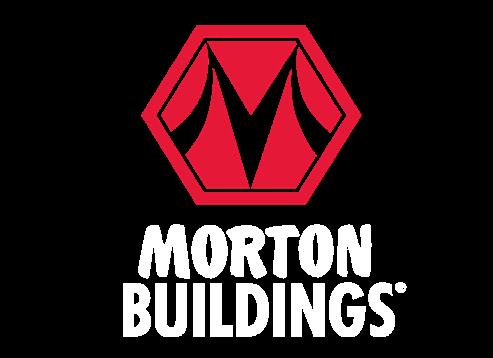
1 minute read
MAXIMIZING OFFSEASON FARM SHOP TIME
The first step, he said, is getting the shop ready for winter weather. Nyberg’s recommendations include:
• Check the weather seals on your walk doors — see that the windows close and seal well.
Advertisement
• Consider adding to your attic insulation if it’s not up to acceptable levels.
• Give your heating system a checkup or call and have it serviced.
• On overhead doors, oil the rollers and torsion springs and double-check the weather seal around those doors.
• Check door rollers and latches on your sliding doors — you may benefit from oiling those rollers.
“The start of the offseason should also be used to take care of equipment maintenance needs, so machinery will be field-ready for spring,” Nyberg says.
“Begin by organizing your equipment so you can easily get to those pieces that you have scheduled for maintenance or upgrades.”
He suggests these additional steps:
• Clean all equipment prior to maintenance work. Start with a leaf blower or compressed air, and then use a pressure washer for caked on dirt and grease.
• Prioritize equipment maintenance by determining which projects and specific equipment need work. Ensure that critical needs will be addressed first.
• Determine what parts will be needed. Finding parts for some older equipment could require some research and possibly additional shipping time, as many parts are taking longer to arrive.
• Shuffle your equipment after finishing harvest or repairs so your tillage tools are easy to get out next spring.
• Lubricate your equipment, coat any polished surfaces with rust inhibitor, check hydraulic hoses and replace those that are cracked and likely to fail.
Nyberg adds that having a well-organized shop environment will promote improved efficiency. He encourages these checks:
• Make sure your lighting is functional and sufficient.


• Clean and organize your workbench and tools.
• Inspect support equipment, such as compressors, welders and drill presses.

• Take inventory of your waste oil storage.
“Finally, be sure your shop is stocked with proper safety equipment to protect yourself, employees and the shop itself,” Nyberg says. This should include a fire extinguisher, safety glasses, face shield, hearing protection, first aid kit, exhaust fan and deicer.
For additional farm shop information, visit MortonBuildings.com.















